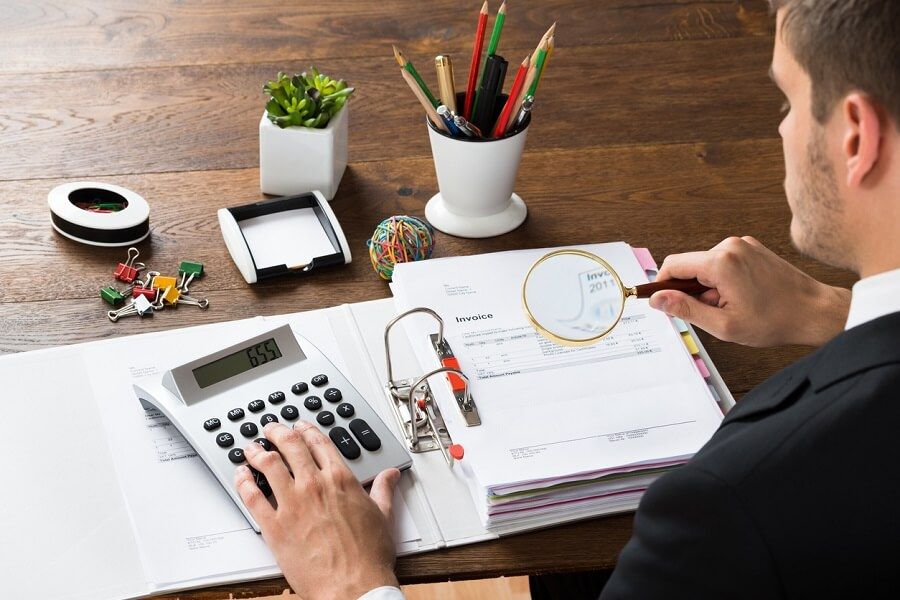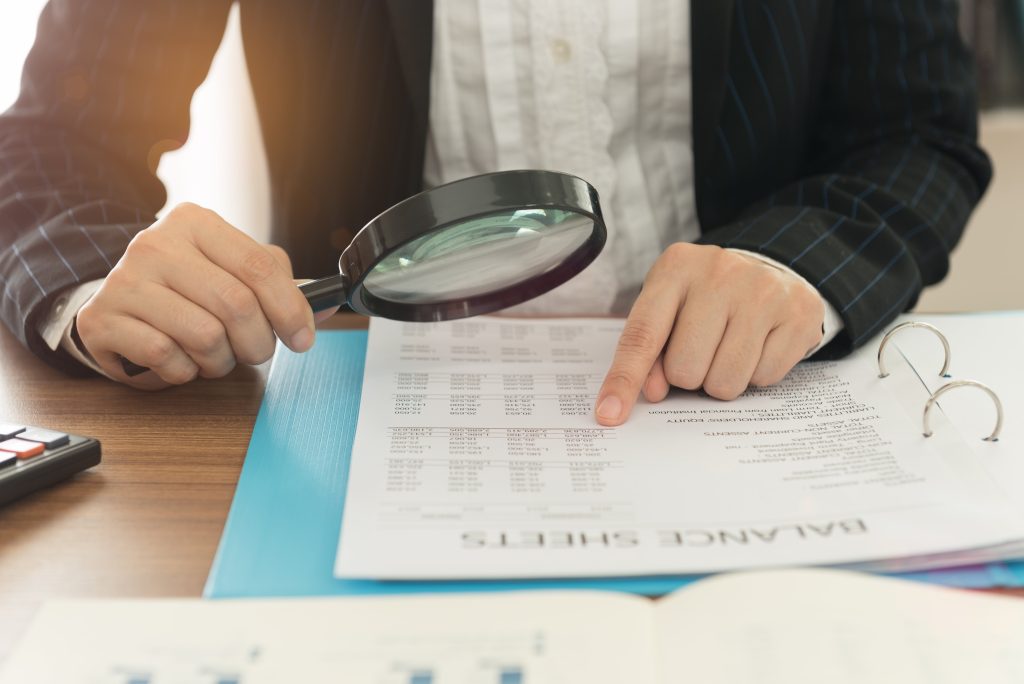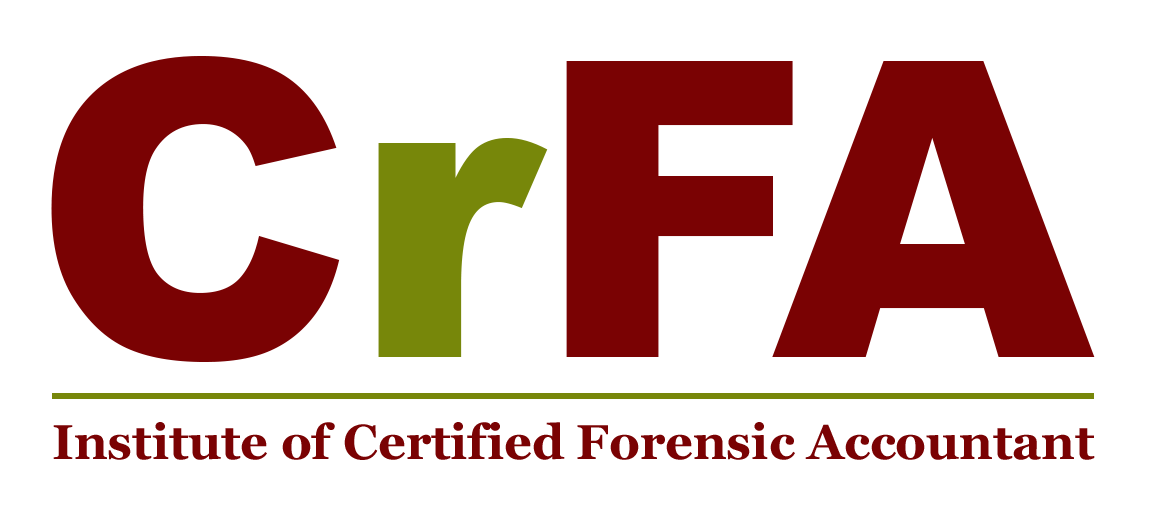━━━━━━━━━━━━━━━━━ About CrFA® ━━━━━━━━━━━━━━━━━
Forensic Accounting

Forensic Accounting is a specialized field that combines accounting, auditing, and investigative skills to detect, investigate, and prevent financial fraud. At the Institute of Certified Forensic Accountants (ICFA), we provide comprehensive training and certification in forensic accounting to help professionals uncover financial discrepancies and bring transparency to financial systems.
What is Forensic Accounting?
Forensic accounting involves analyzing financial data to uncover irregularities, identify fraudulent activities, and provide evidence for legal proceedings. It plays a crucial role in litigation support, fraud prevention, and risk management for businesses, organizations, and legal entities.

Core Areas of Forensic Accounting:
- Fraud Detection and Prevention: Identifying and implementing measures to prevent financial fraud in organizations.
- Litigation Support: Assisting in legal cases by providing expert financial analysis and evidence of financial misconduct.
- Financial Statement Analysis: Analyzing financial records to detect discrepancies, hidden assets, or fraudulent activities.
- Investigative Accounting: Applying investigative techniques to trace the flow of funds and identify fraudulent transactions.
Enhance Your Skills with ICFA
ICFA offers specialized courses and certifications in forensic accounting to equip professionals with the expertise they need to succeed in this dynamic field. Our programs are designed to provide practical skills and real-world applications to help you excel in fraud detection and financial investigation.
Join ICFA and become a leader in the field of forensic accounting, making a difference by promoting financial accountability and integrity.
Learn more about the Advantages of a CrFA®

